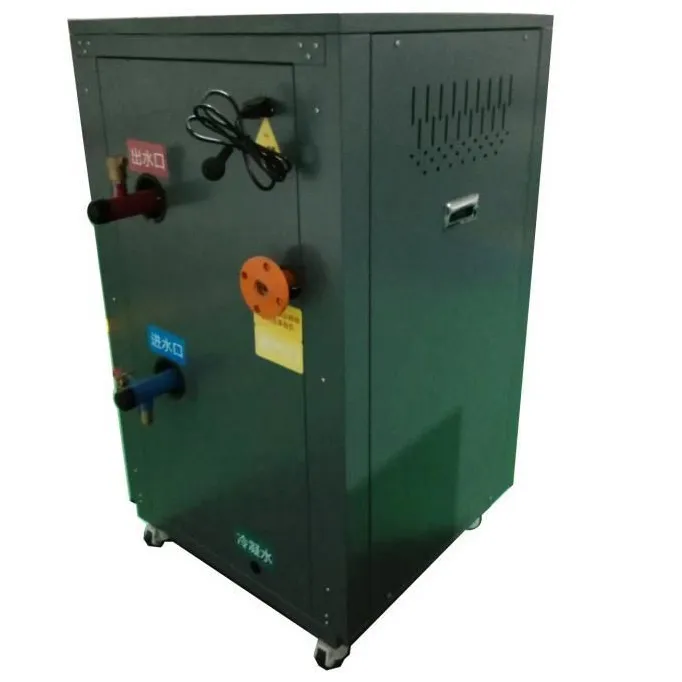12-р сар . 24, 2024 02:53 Back to list
Gray Cast Iron Pipe Casting Manufacturer for EN877 Standards and Quality Solutions
EN 877 Gray Cast Iron Pipe Casting A Comprehensive Overview of Manufacturing and Applications
Gray cast iron pipes, certified under the EN 877 standard, are essential components in various civil engineering and construction projects, particularly for waste water and drainage systems. The importance of using high-quality cast iron pipes cannot be overstated, as they play a crucial role in ensuring the reliability and durability of infrastructure. This article delves into the manufacturing process, properties, and applications of EN 877 gray cast iron pipe castings, and highlights the significance of selecting the right manufacturer.
Understanding EN 877 Standard
The EN 877 standard outlines specific requirements for gray cast iron pipes and fittings used in non-pressurized drainage systems. This standard ensures the pipes can withstand various environmental conditions while maintaining optimal performance. Under this standard, the gray cast iron used for these pipes contains carbon in the form of flakes, which gives the material its characteristic properties, including excellent castability, machinability, and good wear resistance.
Manufacturing Process
The manufacturing of EN 877 gray cast iron pipes involves several key steps that ensure the pipes meet quality standards.
1. Material Preparation The process begins with sourcing high-quality raw materials, including scrap iron, pig iron, and alloys. The quality of raw materials significantly impacts the final product's performance.
2. Melting and Casting The materials are melted in a furnace at high temperatures, typically exceeding 1400°C. The molten iron is then poured into molds designed to shape the pipes. The casting techniques used, such as sand casting, allow for the production of various sizes and diameters to meet specific project requirements.
3. Cooling and Solidification After pouring, the molds are allowed to cool, enabling the molten iron to solidify into durable pipe forms. The cooling rate is crucial, as it affects the microstructure and mechanical properties of the cast iron.
4. Finishing and Inspection Once the pipes are cast and cooled, they undergo finishing processes, including trimming, machining, and surface treatment. Each pipe is then inspected for defects such as cracks or uneven surfaces. Quality control is essential to ensure that all products meet the EN 877 specifications.
Properties of Gray Cast Iron
en877 gray cast iron pipe casting manufacturer

Gray cast iron is renowned for its unique properties that make it ideal for pipe production
- Durability Gray cast iron pipes have a long service life due to their corrosion resistance and ability to withstand environmental factors. - Strength The material exhibits high tensile strength, making it suitable for various loads and pressures typically encountered in drainage systems. - Acoustic Damping The structure of gray cast iron allows for effective sound attenuation, reducing noise from waste flow compared to pipes made from other materials. - Cost-Effectiveness While initial costs may be higher than some alternatives, the longevity and maintenance-free qualities of gray cast iron result in lower lifecycle costs.
Applications
EN 877 gray cast iron pipes are widely used in both residential and industrial applications. Key areas include
- Sewage Systems These pipes are ideal for transporting wastewater due to their ability to handle heavy loads and resist corrosion. - Stormwater Drainage The reliable performance of gray cast iron pipes in stormwater management systems helps prevent flooding and soil erosion. - Industrial Applications Many industries utilize gray cast iron pipes for moving various substances, including chemicals, due to their strength and resistance to corrosion.
Choosing a Manufacturer
When selecting a manufacturer for EN 877 gray cast iron pipes, it is essential to consider several factors
- Quality Certifications Verify that the manufacturer holds the necessary certifications and complies with EN 877 standards. - Experience and Reputation A manufacturer with a track record in the industry is more likely to provide high-quality products and services. - Customer Support Reliable customer service can resolve any issues that may arise during the project.
Conclusion
In conclusion, EN 877 gray cast iron pipe castings are critical to modern infrastructure, offering strength, durability, and reliability for drainage and waste systems. Understanding the manufacturing process, properties, and appropriate applications of these pipes is essential for engineers and contractors. By choosing a reputable manufacturer, you can ensure the success and longevity of your construction projects.
-
Durable Cast Steel Concrete Pipe Mold Bottom Rings & Base Trays
NewsAug.23,2025
-
Centrifugally Cast Iron Water Main Pipe for Reliable Mains
NewsAug.22,2025
-
Durable Centrifugally Cast Iron Water Main Pipe
NewsAug.11,2025
-
Centrifugally Cast Iron Water Main Pipes for Reliability
NewsAug.10,2025
-
High-Quality Centrifugally Cast Iron Water Main Pipes
NewsAug.09,2025
-
Durable Cast Iron Water Main Pipe & Drainage Solutions
NewsAug.08,2025


